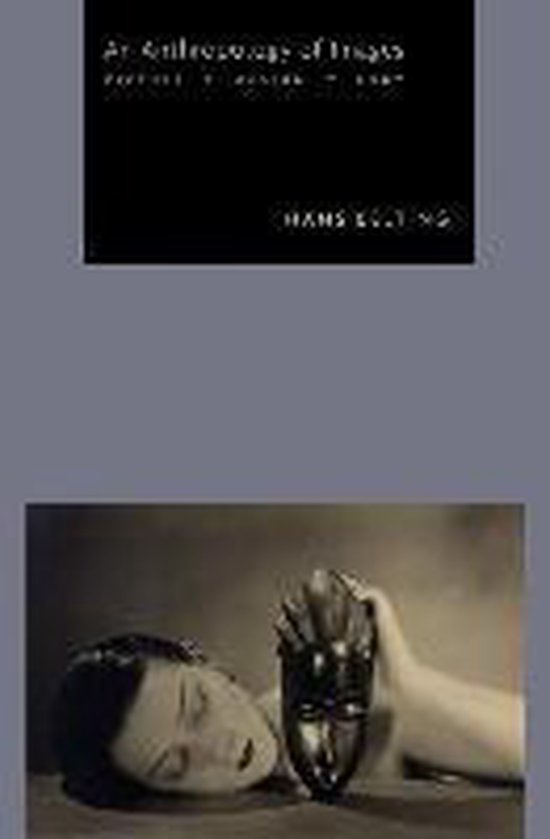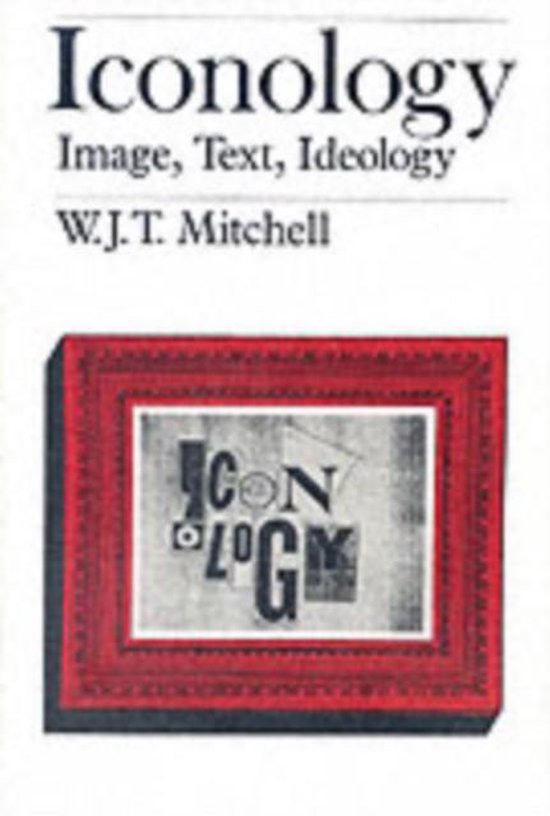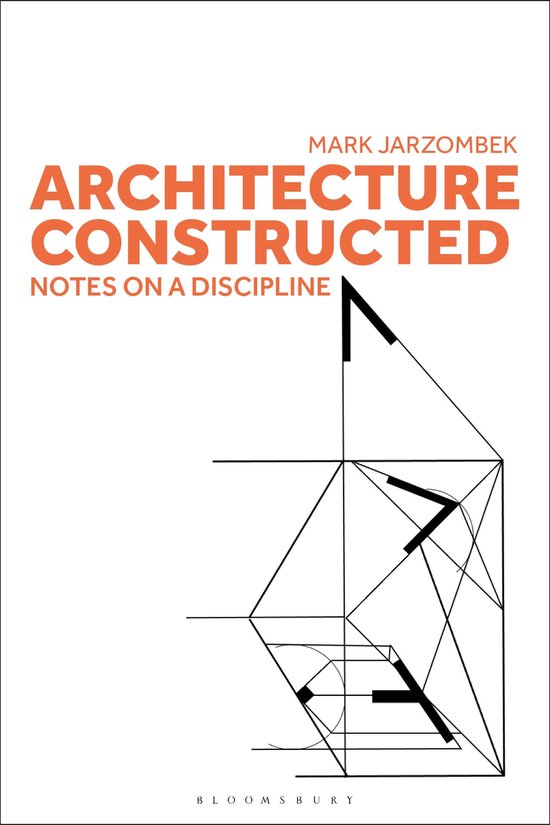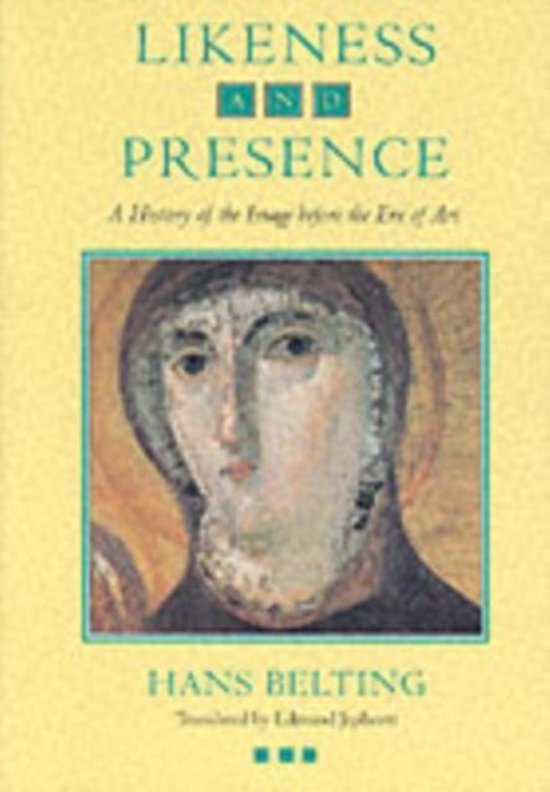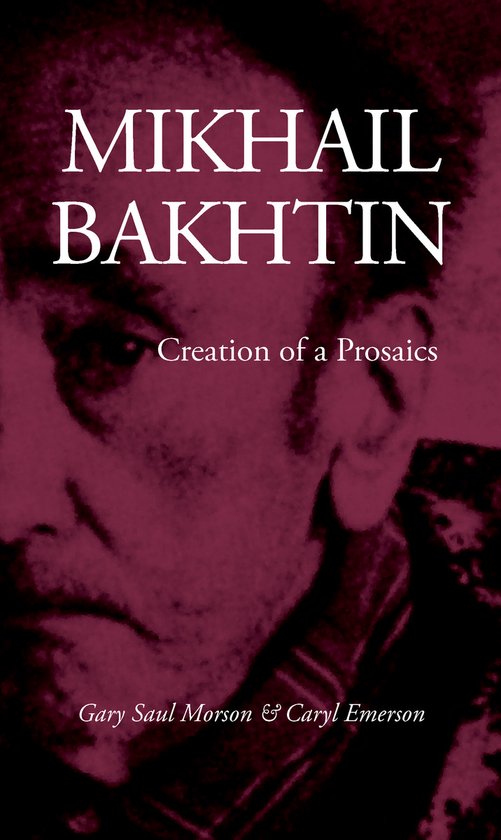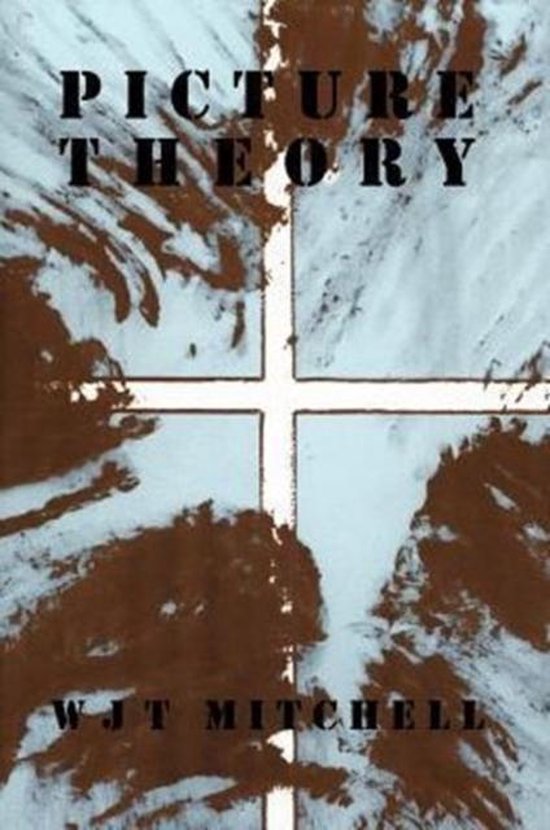
Picture Theory
In this companion volume to "Iconology", the author investigates pictures - the concrete, representational objects in which images appear. Focusing on popular and television coverage of the Gulf War, he examines the capacity of visual images to awaken/stifle public debate, emotion and violence.
In this companion volume to "Iconology", the author extends his investigation to pictures - the concrete, representational objects in which images appear. Although we have many words about pictures, Mitchell notes that we do not yet have a satisfactory theory of them. What we have is a variety of disciplines - semiotics, philosophical inquiries into representation, new departures in art history, studies in mass media - that attempt to converge on the problem of pictorial representation and visual culture. Identifying the problems inherent in the attempt to master visual representation with verbal discourse, Mitchell proposes instead to "picture theory." He looks at the way pictures function in theories about culture, consciousness, and representation, and at theory itself as a form of picturing. What precisely, he asks, are pictures (and theories about pictures) doing now , in the late 20th century, when the power of the visual is said to be greater than ever before, and the "pictorial turn" supplants the "linguistic turn" in the study of culture? Focusing on Spike Lee's "Do the Right Thing", Oliver Stone's "JFK", and television coverage of the Gulf War, he examines the capacity of visual images to awaken or stifle public debate, collective emotion, and political violence. An "applied iconology," this volume by one of America's leading theorists of visual representation offers an account of the interplay between the visible and the readable across the culture, from literature to visual art to the mass media.
In this companion volume to "Iconology", the author extends his investigation to pictures - the concrete, representational objects in which images appear. Although we have many words about pictures, Mitchell notes that we do not yet have a satisfactory theory of them. What we have is a variety of disciplines - semiotics, philosophical inquiries into representation, new departures in art history, studies in mass media - that attempt to converge on the problem of pictorial representation and visual culture. Identifying the problems inherent in the attempt to master visual representation with verbal discourse, Mitchell proposes instead to "picture theory." He looks at the way pictures function in theories about culture, consciousness, and representation, and at theory itself as a form of picturing. What precisely, he asks, are pictures (and theories about pictures) doing now , in the late 20th century, when the power of the visual is said to be greater than ever before, and the "pictorial turn" supplants the "linguistic turn" in the study of culture? Focusing on Spike Lee's "Do the Right Thing", Oliver Stone's "JFK", and television coverage of the Gulf War, he examines the capacity of visual images to awaken or stifle public debate, collective emotion, and political violence. An "applied iconology," this volume by one of America's leading theorists of visual representation offers an account of the interplay between the visible and the readable across the culture, from literature to visual art to the mass media.
| Auteur | | W. J. T. Mitchell |
| Taal | | Engels |
| Type | | Paperback |
| Categorie | | Mens & Maatschappij |

